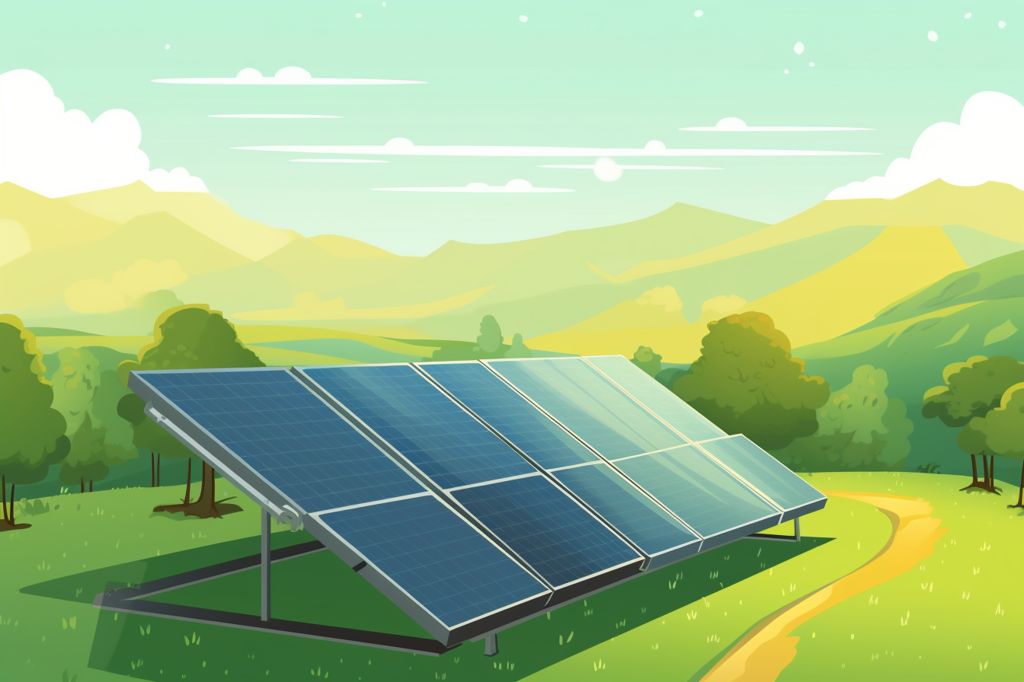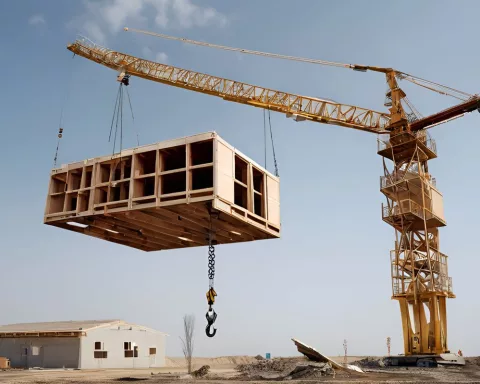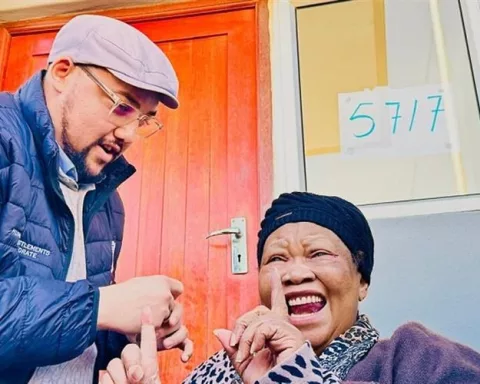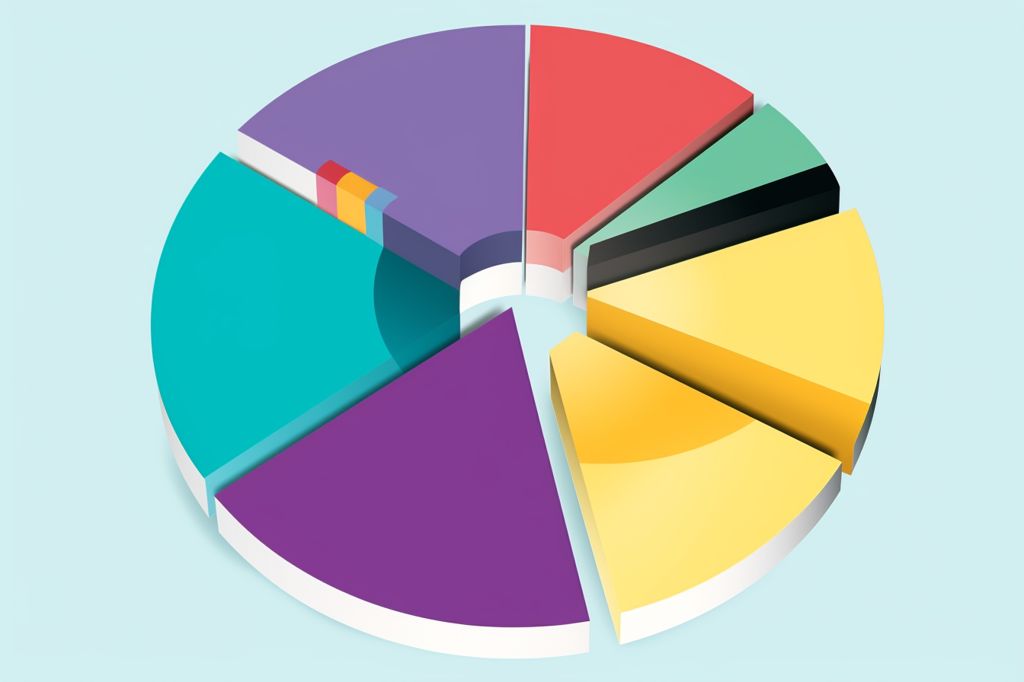On the 29th anniversary of Nelson Mandela’s inaugural speech as the first president of a democratic South Africa, Minister of Human Settlements Mmamoloko Kubayi highlighted the importance of delivering on the promise of a better life through service and economic empowerment. In the face of numerous challenges in the human settlements sector, she addressed the progress and plans for the Department in the 2023/24 financial year.
Key Initiatives
The Department has outlined several key initiatives and policy changes for the 2023/24 financial year, aimed at improving the quality of life for South Africans through housing development, land and spatial transformation, and capacity building. Key initiatives include:
Stabilization and Capacity Building
The Department’s priority is to stabilize the portfolio and build capacity. The Department is undertaking a skills audit to identify and address skills shortages, which will help ensure the delivery of the department’s mandate and improve project efficiency.
Upgrading Informal Settlements
The Department aims to upgrade informal settlements to provide safe and adequate housing. Several social housing projects have already been completed, generating more than 7,900 job opportunities.
Addressing Blocked Projects
The Department is taking measures to address blocked projects and ensure the delivery of housing development projects.
Transforming the South African Property Sector
The Department aims to transform the South African property sector by acquiring publicly and privately owned land. The Department has released 539 hectares of land for housing development by the Housing Development Agency (HDA) in various provinces. The acquisition of an additional 1500 hectares of land is underway.
Policy Changes
Several policy changes have been introduced to respond to the economy and housing needs. The subsidy quantum will be increased by 29.7% for the financial year 2023/24, primarily to address rising building costs. Solar panels, rainwater harvesting devices, and increased security measures will be included in all newly built subsidized houses.
Health Hazards and Quality of Life
The Department is taking measures to improve the quality of life by addressing health hazards in housing. It has allocated R220 million for the removal of asbestos roofs from houses in the Eastern Cape, Free State, and KwaZulu-Natal. The Department is also planning to eradicate mud houses in seven provinces and pilot satellite technology to locate and count these dwellings.
With these measures in place, the Department aims to fulfill the promise of a better life for all South Africans and remove the “unfreedoms” that limit opportunities and choices. Minister Mmamoloko Kubayi’s Human Settlements Department is working towards building a better future for all South Africans.












